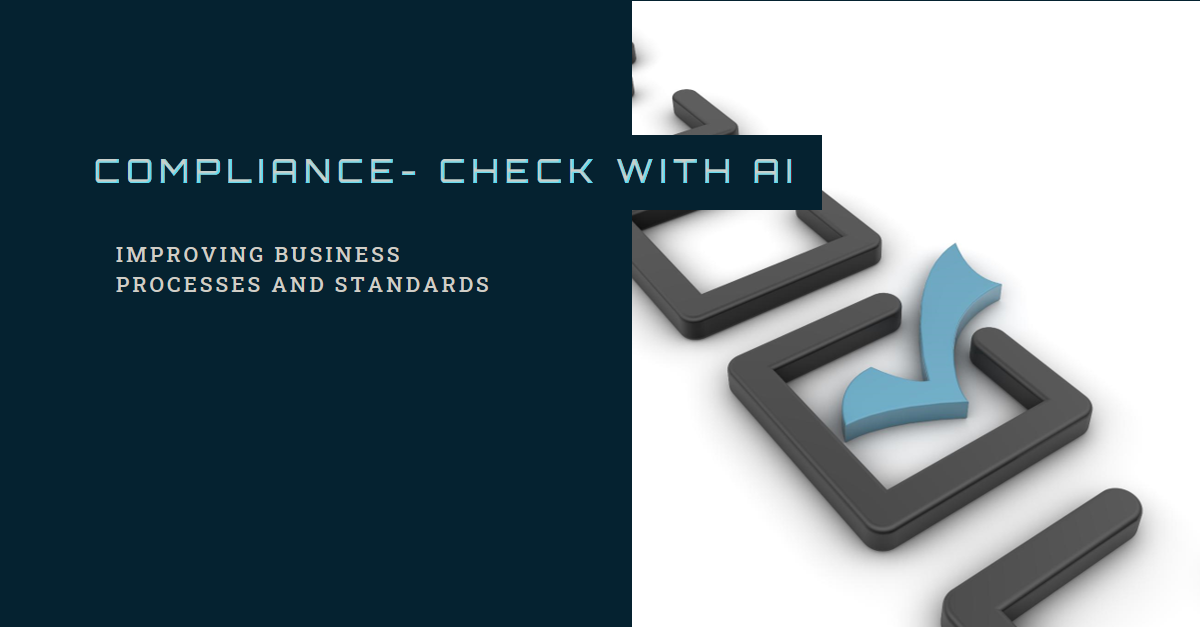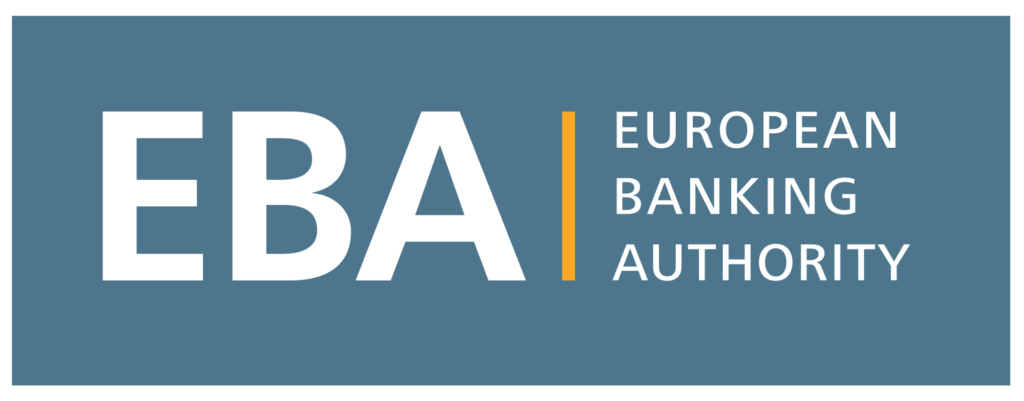-
Menu
-
Language
-
Menu
-
Language

Compliance with regulations is a complex challenge that businesses in all industries face. The consequences of non-compliance can be severe, including financial penalties and reputational damage. However, the synergy of artificial intelligence (AI) and machine learning (ML) has emerged as a transformative solution for automating and streamlining compliance processes.
AI and ML offer a proactive, data-driven approach to identifying and mitigating compliance risks in real time. With their ability to process vast amounts of data and gain predictive insights, these technologies enable businesses to navigate the regulatory landscape with greater efficiency, accuracy, and agility.
One of the challenges of deploying AI and ML in compliance is ensuring the legal, ethical, and unbiased use of these technologies. It is critical to vet the data used to train AI systems and ensure that it is representative and free of privacy violations. Additionally, businesses need to consider how AI and ML can be used to transform their KYC (know your customer) processes, automating verification, improving risk assessment, and increasing security.
AI and ML also have the potential to streamline regulatory reporting and shorten the review process, improving the efficiency of compliance processes and reducing costs. These technologies can automate routine tasks, identify data patterns, and leverage technologies such as robotic process automation (RPA) and natural language processing (NLP) to manage regulatory changes and optimize documentation.
In the financial industry, AI-powered document management systems can boost the efficiency of audit processes, improve data accuracy, and ensure timely reporting. This can give businesses a competitive edge in a crowded marketplace.
#ibmwatsonx #GoogleBigData #AmazonWebServices #MicrosoftAzureMachineLearning #akkio
In the ever-evolving landscape of financial services, the integration of artificial intelligence (AI) has become a game-changer. AI-powered technology has the potential to significantly improve risk management and vulnerability management in the financial sector. Machine learning algorithms can analyze vast amounts of data in real time to identify suspicious transactions and patterns, helping financial institutions effectively mitigate risks.
However, it is critical for financial institutions to find a balance between automation and human oversight. AI systems should complement human decision-making, rather than replace it entirely. By involving humans, it is ensured that the process is informed by human judgment and expertise. As AI technologies continue to develop, they are likely to play an increasingly important role in ensuring the safety of financial institutions and their customers from fraud and risks.
AI-powered data analytics can be used to assess and predict financial risks, providing real-time monitoring of transactions and market conditions. This allows financial institutions to proactively identify potential risks and take necessary action. Additionally, AI can assist with financial compliance and reporting requirements by analyzing data from multiple channels. This ensures that financial institutions are able to meet regulatory requirements in a timely and efficient manner.
The integration of AI into the financial services industry is promising for improving risk assessment models and enhancing vulnerability management. By deploying AI-powered technology, financial institutions can streamline their compliance processes, automate routine tasks, and identify data patterns that may indicate potential risks. This not only improves the efficiency of compliance processes, but also lowers costs and ensures timely reporting.
KYC (know your customer) processes have long been a critical aspect of the financial industry, requiring institutions to verify the identity of customers and assess potential risks. However, these processes were traditionally manual, time-consuming, and error-prone.
Fortunately, AI and NLP (natural language processing) are redesigning KYC processes, making them more automated, efficient, and accurate.
One key advantage of AI is its ability to automatically verify customer identities by matching information from multiple data sources. By analyzing government IDs, bank statements, utility bills, and other customer data, AI can authenticate identities and detect fraud immediately. This automation not only speeds up the onboarding process, but also reduces costs and human errors.
In addition, AI plays a critical role in improving risk assessment in KYC processes. By analyzing connections between customers, accounts, and transactions, AI can detect suspicious activities and assign risk ratings to customers. Factors such as location, transaction history, and account balances are considered, so that businesses can efficiently meet regulatory requirements while also improving security.
AI-powered systems can monitor financial transactions in real time to identify potentially fraudulent activity or violations of anti-money laundering (AML) guidelines. By analyzing large amounts of data, AI can identify complex patterns that would be difficult for humans to recognize. This capability increases security, reduces risks, and improves compliance with regulatory requirements.
In conclusion, the use of AI and automation in KYC processes is revolutionizing the way financial institutions conduct identity verification and risk assessment. By streamlining these processes, AI not only improves efficiency, but also ensures compliance and increases security in an increasingly complex financial landscape.
In the fast-paced world of regulatory compliance, AI and ML are revolutionizing the way businesses manage and comply with legal requirements. As businesses grapple with a growing number of regulations, the use of AI and ML can significantly streamline compliance processes, ensure compliance, and boost efficiency at the same time.


Companies today operate in an environment where regulatory requirements are not only complex, but also constantly evolving.
From data privacy laws like the GDPR to financial regulations like SOX (USA), BaFin (Germany), European Banking Authority (EBA), compliance requires continuous vigilance and adaptability. Non-compliance can lead to significant financial penalties, legal consequences, and reputational damage. In this context, traditional manual compliance methods are no longer sufficient due to their time-consuming and error-prone nature.
AI and ML are a game-changer for compliance. By automating compliance monitoring, AI-powered systems can monitor and analyze vast amounts of data to ensure regulatory compliance. For example, AI can track legislative changes and automatically update compliance frameworks, reducing the burden on legal departments.
Machine learning algorithms can improve risk assessment by analyzing patterns in historical data. This predictive capability allows companies to proactively address potential compliance issues before they escalate. In the financial sector, AI tools are used to detect and report suspicious transactions in real time, which helps to combat money laundering (AML) and fraud prevention.
The implementation of AI and ML in compliance protocols requires the integration of high-quality data from multiple sources.
This requires robust data management practices and a clear understanding of the legal, ethical, and unbiased use of data. By effectively leveraging AI and ML, companies can:
This technology also has the potential to redesign KYC processes by automating verification and improving risk assessment to increase security.
RPA (Robotic Process Automation) is a form of intelligent automation that uses computer-programmed software to automate manual, rule-based, and repetitive tasks and business processes. This technology is becoming increasingly popular in the financial services industry, including banking, as it offers numerous benefits.
First and foremost, RPA can help banks and financial institutions improve efficiency and productivity. By automating routine tasks such as document reviews, transaction analyses, and data entry, RPA bots can complete these tasks faster and more accurately than humans. This frees up human resources for more complex and strategic activities. Not only does this reduce errors, but it also saves time, so employees can focus on more complex and strategic activities.
In addition to improving efficiency, the implementation of RPA in the financial services industry can lead to significant cost savings. A recent report by KPMG found that RPA can reduce costs for financial services firms by up to 75%.
*) In our next blog post, we will explore the following topics related to RPA:
We will also provide examples of how RPA is being used in a variety of industries.
Stay tuned for our next blog post!
Artificial intelligence is transforming the way businesses approach compliance. By leveraging the power of AI-powered technology, businesses can streamline their regulatory processes, automate routine tasks, and improve accuracy and efficiency. From improving compliance in the financial sector to redesigning KYC and risk assessment, AI is revolutionizing compliance workflows and driving business success. By using AI, ML, and automation, businesses can stay ahead of regulatory requirements, reduce costs, and ensure compliance with industry standards. As the business landscape continues to evolve, the use of AI in compliance practices will be essential for businesses that want to remain competitive and compliant in an increasingly complex regulatory environment.
Dipl.-Ing. Hari Maslic
Entdecken Sie die Inspiration in unserem Webshop! Lassen Sie sich von unseren einzigartigen Kunstwerken, beeindruckenden Fotografien und kreativen digitalen Produkten motivieren und finden Sie das perfekte Geschenk für sich selbst oder Ihre Liebsten.